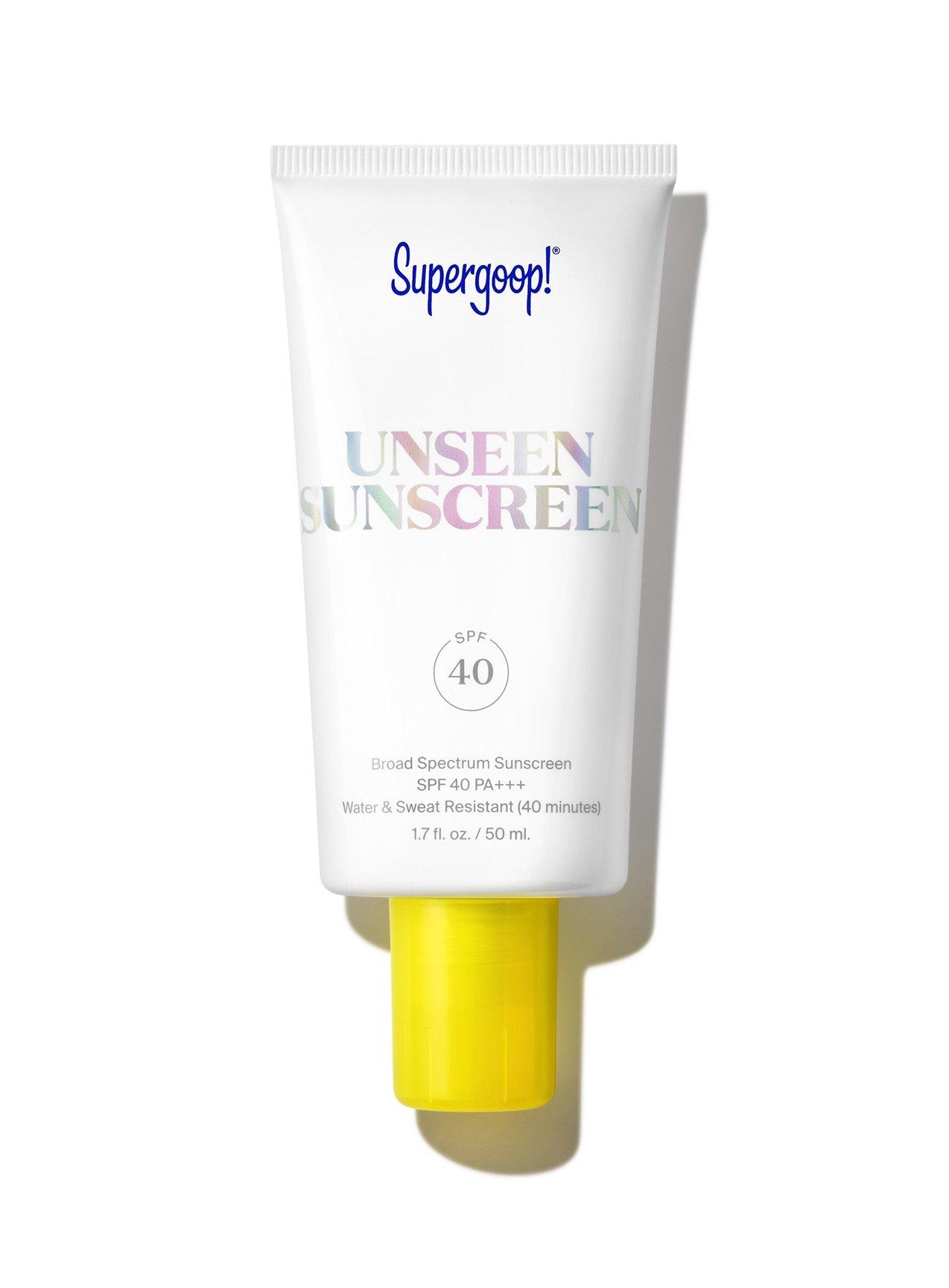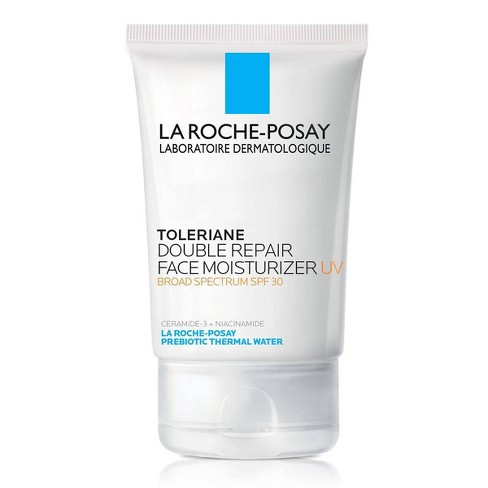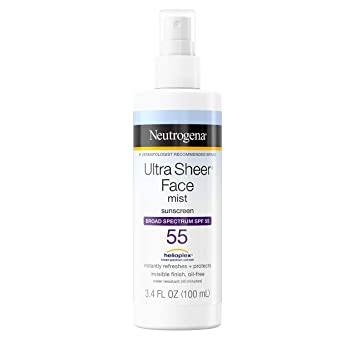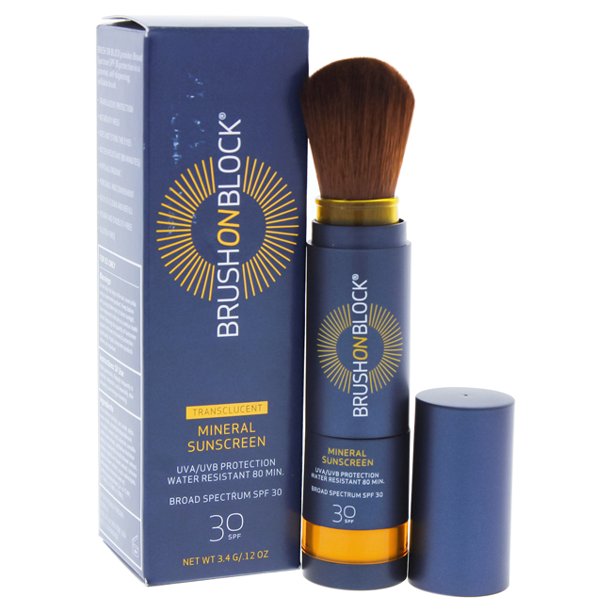This week we are going to break down SPF and some of the best sun protectants you need to try out this summer!
SPF is something I never used to think about besides on beach days and, if I'm being honest, I would usually reach for the baby oil before even thinking about sunscreen. Now SPF is in everything! Our moisturizers, our foundation and our powders but it leaves me asking what kind of SPF is the best SPF? There are so many different ingredients to look for! Well this week on the blog we will be breaking down different types of SPF and how & when you should be using them...hint you should use them everyday.
First let's talk about the ingredients. The easiest way to explain how sunscreen works is it either absorbs or reflects. Chemical sunscreen absorbs the sun by changing the chemical reaction on skin where a mineral sunscreen blocks the UV rays by deflecting them off of your skin. An example of physical sunscreen ingredients are zinc oxide or titanium dioxide. Chemical sunscreens include active ingredients like avobenzone, octinoxate or oxybenzone. I personally like a mineral sunscreen but to each their own!
Breaking down the SPF number system is a little weird but just think of it this way. SPF 30 allows about 3 percent of UVB rays to hit your skin. An SPF of 50 allows about 2 percent of those rays through. Without absorbing those rays do we miss out on Vitamin D?? Not really. Not enough to actually cause a problem. You can still get the vitamin D through the SPF.
When choosing an SPF I always recommend choosing between 30 and 50 SPF. Higher than 50 SPF is not going to drastically make a difference and lower than 30 isn't enough for daily protection.
The catch 22 with sunscreen is that a lot of people stay in the sun longer because they think SPF 100% prevents burning or damage. It does not. You still want to be mindful of your sun exposure and protectant. This is why it's essential for you to follow the reapplication directions and use a broad-spectrum sun protection product. Broad-spectrum means that it can help protect your skin against both UVA and UVB; both can cause damage and skin cancer.
'
The bottom line is if we are out in the sun we need some sort of protectant. Did you know depending on your skin type, you can only be in the sun for five to twenty minutes before damage starts to occur?
What's great about sunscreen today is companies have really raised the bar when formulating. Producing products that can be layered under makeup, count as skincare and more! Here are some of the top rated sunscreens for your face:
If you want to see more bestsellers click here ! I hope this blog post helped break down SPF, why you need it and inspires you to protect your skin on a daily basis <3




